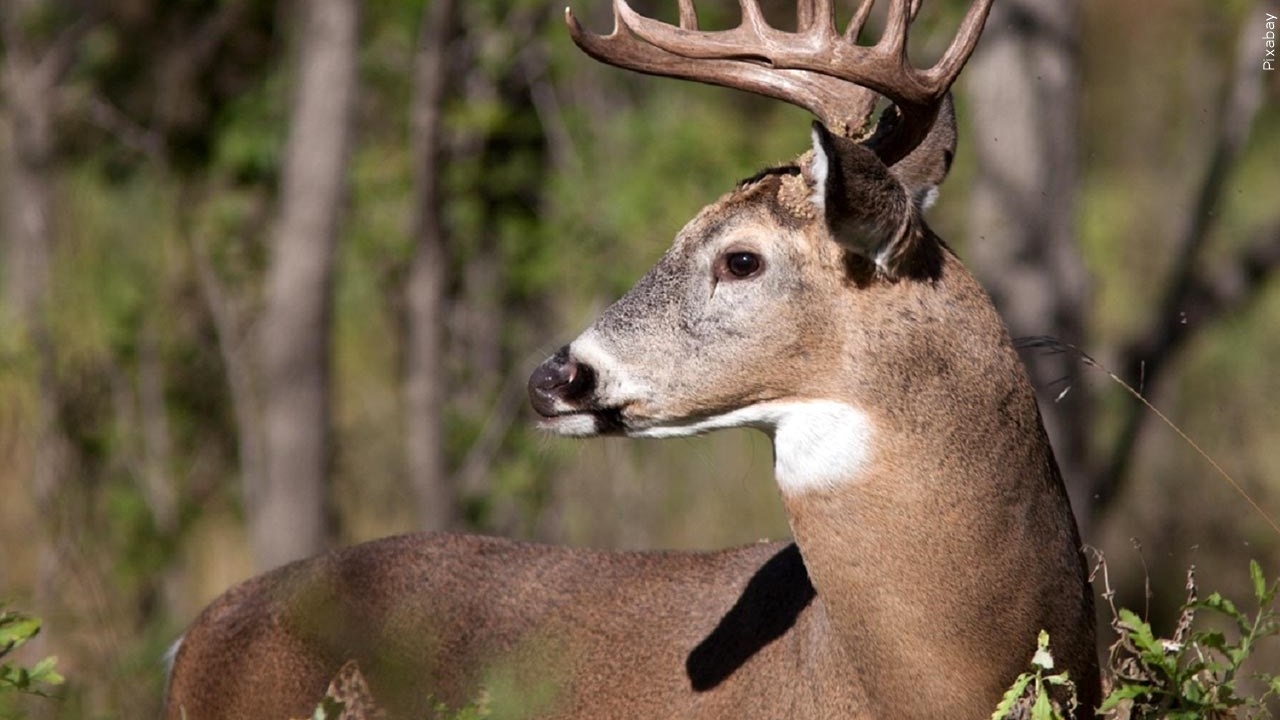DNR adds special deer hunt for Bemidji area after deer tests positive for CWD

(Pixabay/MGN)
Hunters will be able to participate in a special hunt in the Bemidji area later this month after the Minnesota Department of Natural Resources (DNR) says a deer that was previously suspected of having CWD tested positive.
As previously reported by 5 EYEWITNESS NEWS, the white-tailed buck was harvested in deer permit area 184 during the opening weekend of the firearms season. At that time, the DNR said a special hunt was possible if the disease was confirmed in the deer.
CWD is a fatal disease that affects the brains of white-tailed deer.
According to the DNR, the special, late-season hunt in permit area 184 will be held from Friday, Dec. 16 – Sunday, Dec. 18 in order to help lower the risk of CWD transmission between members of the deer population.
The agency adds the bag limit for this hunt is unlimited, and hunters may use any unfilled archery, firearms, muzzleloader, or landowner deer hunting license, saying the hunting method used must match the license. DNR officials say unfilled bonus permits and early antlerless permits may also be used during the special hunt. Hunters are also able to use any unfilled disease management permits.
Disease management permits can be bought for $2.50. The DNR says these permits may be used for both antlered and antlerless deer, adding bonus permits and early antlerless tags can only be used for antlerless deer.
CWD sampling will be mandatory for deer harvested during the special hunt and can be brought to a sampling station, which can be found by CLICKING HERE. The sampling stations will be open from Friday, Dec. 16 – Monday, Dec. 19, from 9 a.m. – 7 p.m.
The Bemidji area isn’t the only part of Minnesota having a special hunt – other deer permit areas which will have a CWD management hunt are the following:
- 184
- 605
- 643
- 645
- 646
- 647
- 648
- 649
- 655
Although hunters in area 184 aren’t required to keep deer carcasses whole until all are quartered, or the meat is de-boned during the late-season hunt, all other hunters participating in the deer permit areas listed above are required to do so.
Find KSTP’s full deer hunting coverage by CLICKING HERE.